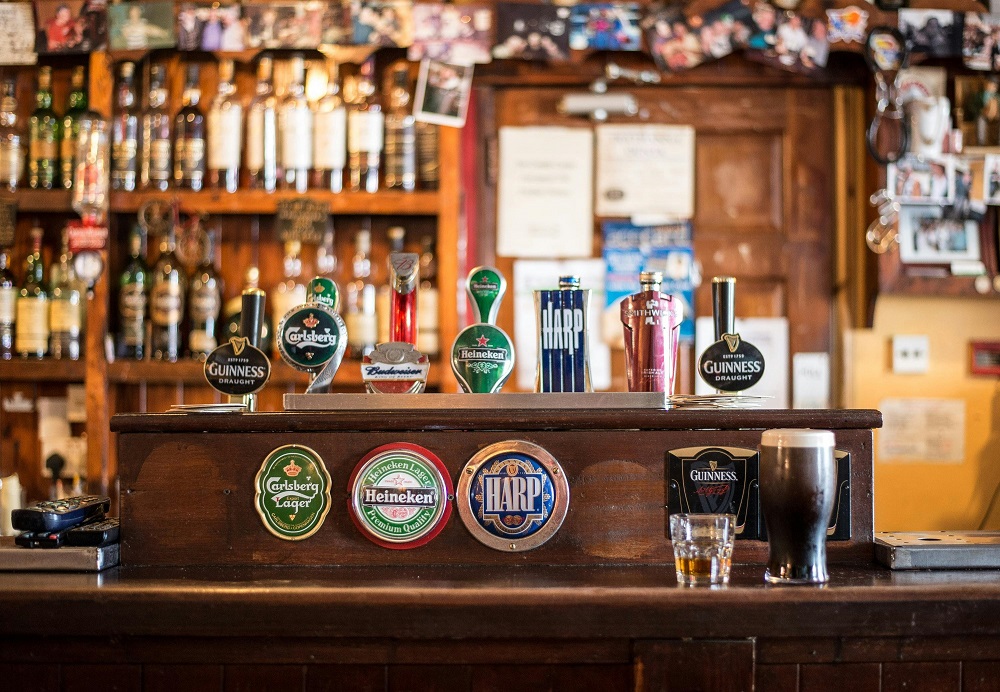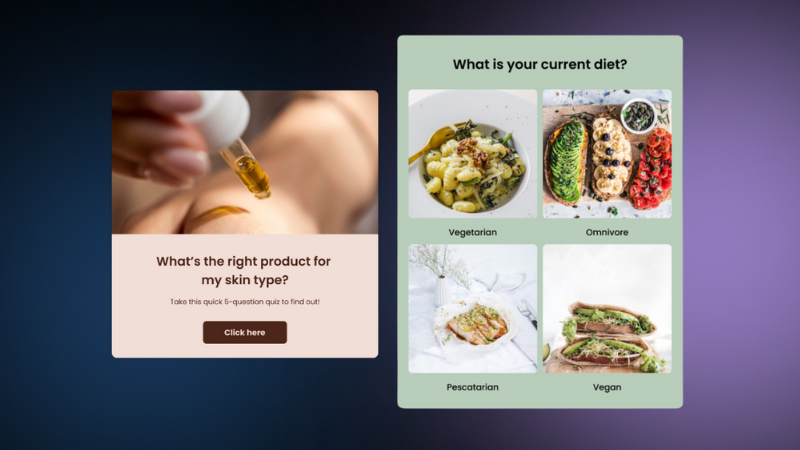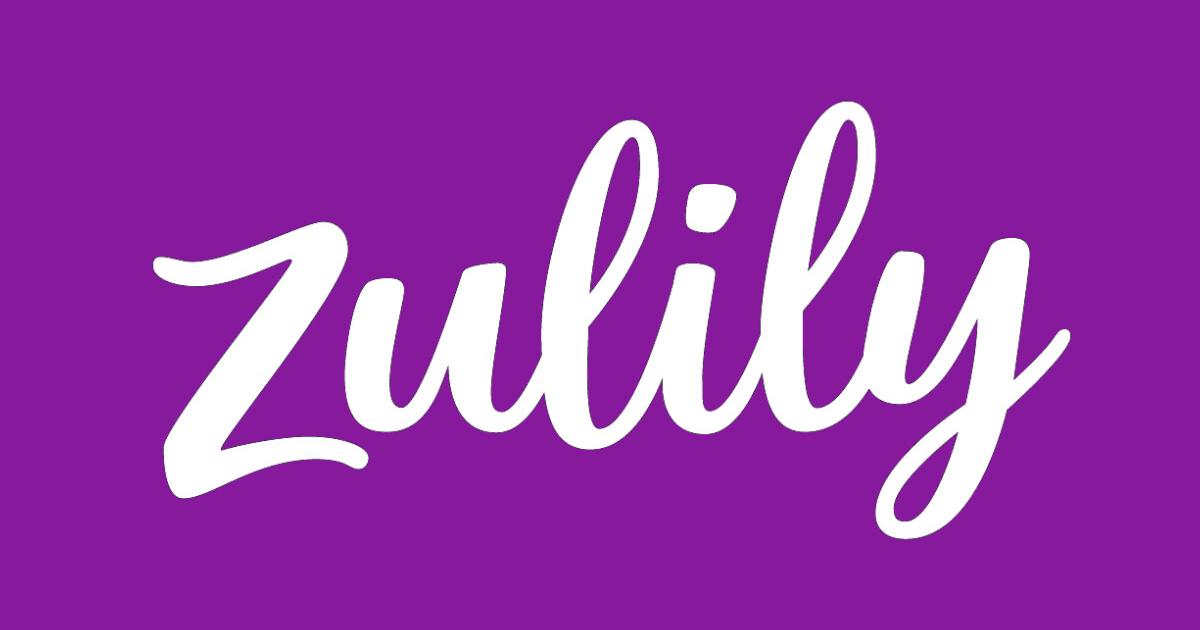How to Conduct the Ultimate Pub Quiz
The pub quiz is a classic way to keep patrons entertained.
Although pub quizzes originated in the UK sometime in the 1970s, they’ve started to travel around the globe in a variety of new formats.
In 2020, when the global pandemic hit, the pub quiz showed its resilience. Rather than giving up on these weekly trivia sessions, local bars and pubs around the UK started launching digital quizzes through Zoom and Slack. Families made impromptu quiz nights as a way of staying connected.
The pub quiz isn’t just a fun way for pubs to make some extra cash.
It’s an enduring part of our culture, and a way to bring people together.
The question is, how do you host a truly killer quiz? in the following paragraphs, you can learn to do just that. We can also help you with trivia quiz question ideas and with a top-notch trivia maker.
Step 1: Appoint Your Host
First things first, who’s going to host your pub quiz? The most obvious answer is probably you. However, if you don’t feel comfortable speaking to a crowd, you might want to organize the quiz yourself, then hand the performance off to someone a bit more extroverted.
Try sticking to a single quizmaster if you can. Everyone has their attitude and approach in this arena. Too many quizzers can give your audience whiplash.
If your quiz is successful, you might decide to make it a weekly or fortnightly occurrence. If that’s the case, using the same host will also give your regulars an idea of what to expect.
Make sure your host has everything they need to create a great atmosphere. This might include giving them a microphone, control of the pub’s sound system, a laptop, and plenty of drinks to ward off dry mouth.

Step 2: Decide on Your Format (Digital or In-Person)
There was once a time when pub quizzes only came in one style.
To get an authentic experience, you needed to bring your customers to your pub and announce questions in person. However, that’s not always necessary in today’s digital landscape.
If you’re having trouble getting enough people in your pub for a quiz after the rise of COVID-19, running an online alternative could be the best option.
Collaboration tools like Slack and Zoom make it much easier to launch a quiz anywhere.
With Zoom, go to the Zoom.com website and schedule a meeting. It’s great to actually schedule a time for your quiz, as this will allow you to share links, passwords, and meeting IDs in advance.
Just remember that Zoom has a 40-minute time limit on group conversations. You may need to close and restart your quiz at the halfway point. Fortunately, that does allow time for drinks and refreshments.
On Slack, all you need to do is create a Slack workspace (you can do that for free), and encourage customers to join.
Remember, for the best virtual experience make sure:
- Everyone knows how to use the software
- You have a video camera and microphone attached
- Your internet connection is great

Step 3: Pick the Top Pub Quiz Questions
Questions are the heart and soul of your pub quiz.
Before you launch your new trivia night, ask yourself what kind of theme you want to go for. Are you going to have a general knowledge quiz or something that focuses specifically on a specific topic? Sports bars or other niche pubs might want to stick to a single theme.
It’s also worth deciding how difficult your questions should be. Making your quizzes extra tricky will attract some of the more avid quizzers in your community. However, too many tough questions will also drive other people away.
Stick with the right balance between accessible and harder options. This will challenge your patrons, but also give them the occasional eureka moment they need to have fun.
A few examples of pub quiz questions might include:
- Who played the title role of the Godfather in the 1972 movie?
- What’s the chemical element for Gold?
- Who was Prime Minister when Britain joined the EU, and who was it when they left?
- Which sport includes winning the Claret Jug?
- What’s the title of a person who collects butterflies?

Step 4: Shake it Up!
Speaking of choosing the ultimate pub quiz questions – they don’t have to all be in the same format.
Don’t be afraid to throw in some variety.
A handful of questions that follow the structure above, like “What year did Britain first win Wimbledon,” is excellent. However, it’s also helpful to include some alternative rounds. For instance:
- Multiple choice: For particularly tough questions, you might give your audience a handful of options. This makes them feel like they have a higher chance of getting the right answer.
- Picture/ video rounds: If you have a display, you can share, or a printer, then get visual! A picture round might include super zoomed-in images of everyday items that teams need to define. You might also ask your team to name well-known celebrities.
- Music rounds: If you have control of the sound system, get people to name the title and artist of a variety of songs, just by listening to the first few seconds. You could also do a complete the lyrics game or ask people to tell you when a song was released.
- Connect the dots: Another fun way to use pictures in your quizzes is by picking a selection of things that all have something in common. You might choose 5 celebrities who wrote their own children’s books.
- Guess Who? Tell your audience a story about a real person, mentioning things about their lives and accomplishments. Once you’ve delivered some vital info, let them guess who you’re talking about.
Step 5: Decide on the Rules
Rules are essential for helping everyone at your quiz to feel like they have a fair shot. It’s not much fun to go to a pub quiz if you have no chance of winning.
When you’re preparing your quiz, think about how you’re going to keep everything running smoothly. For example, if people are allowed to enter in teams, what’s the minimum and maximum team size? Having some groups with ten people and some with two will throw things off balance.
Another rule to think about is how long people will have to turn in their answers for marking after the quiz ends. You don’t want to give some groups another hour of thinking time when everyone else has already delivered their sheet.
Probably the most essential rule is to ask everyone to put their smartphones away. It’s hard to enforce a rule like this if you’re hosting a digital quiz. However, in a pub, you should be able to see whether anyone sneaks a glance at Google.
Be strict, but fair with anyone who breaks the rules. If someone accidentally forgets the smartphone rule and checks a text, don’t throw them out of the quiz. However, you might want to give them a minus five on their score to dissuade further problems.
Step 6: Find the Perfect Flow
Finally, choosing the right flow for your pub quiz can be pretty tough.
At first, it isn’t easy to know for sure how long each of your customers needs to answer a question. Some people think and right faster than others – so give them a minute or two at least. However, don’t wait around for 10 minutes between every question, or your quiz will start to feel tedious.
Decide how long the quiz is going to be in advance and give everyone a starting and finishing time, so they know what to expect. Stick to your schedule, or your customers will start to get annoyed – particularly if they’ve arranged their night around you.
While it’s good to keep your quiz questions flowing at a steady pace, remember that the occasional break between rounds is usually a good idea. This gives players frequent opportunities to nip to the toilet or get a drink from the bar.
At the end of the game, create a good climax. Get people excited by revealing the third, second, and first-place winners from last to first. Have tie-breaker questions ready if two people get the same score and always announce the prizes before revealing the results.
Create an Online Quiz in Minutes
Create a QuizCreating a Killer Pub Quiz
Pub quizzes are one of those fantastic social experiences that evolve.
As you get to know your audience and what they want from your quiz experience, you can begin to explore new avenues and try new methods. Remember, it’s always a good idea to get feedback if you can. Ask your regulars what they like and dislike about the quiz.



